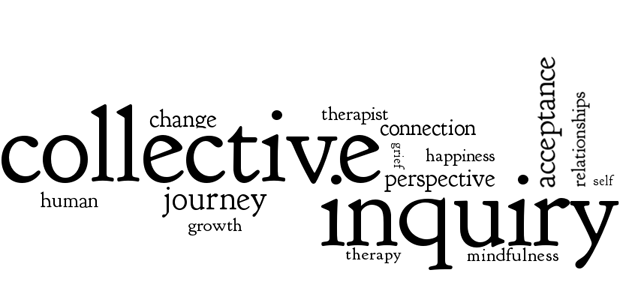

I recently reflected on different phases of my life and thought through the different themes and connections. I have faced many challenges and difficult decisions both personally and academically. It turns out that when you attend school for 18 years, it becomes nearly impossible to separate the line between your education and your immediate life. On a bad day, you may struggle focusing in class. A successful project could boost your self-confidence. Your school friends start to become your best friends. And best of all, the teachers and professors become your mentors.
I have been wondrously lucky enough to have formed not just one, but a handful of mentor/mentee relationships throughout my lifetime. This did not occur without opportunities that created a chance to be vulnerable and open with one another. Most importantly, it was cultivated because my mentors strongly believed that they were not there solely to depart wisdom, but to learn and grow from the relationship as well. In turn, this belief has transferred over to my values as a therapist and transformed the myth that only clients should be on the receiving end of the relationship.
One of my first adult mentors taught my poetry workshop, in which my work and family struggles became more meaningful and therapeutic than the words themselves. My mentor stretched my boundaries by meeting me at a personal level and her belief in me pushed me in rewarding ways. Still in touch, she continues to encourage and empower from afar. At times I recognize how indebted I feel to her for steering me on this path and am overwhelmed by it.
As I learn more about my current position at a non-profit that matches and supports mentor/mentee pairs, I realize once again that the therapeutic relationship is very similar to these pairings. I am constantly reaffirmed of the value of having individualized, consistent, and unconditional support. In times where I have fallen and even have not felt deserving of this, it is those very mentors that have found the delicate balance of affirmation and believing that I am capable of my own growth and picking myself back up. This has proven to be more helpful then being told what to do or how to live.
Though I am not directly mentoring the students, I am still serving a role where I draw inspiration not only from my work as a therapist, but from being a lifelong mentee. As a therapist and now a program coordinator that will work with mentors/mentees, I am fortunate enough to get the best of both worlds. I feel passionate about working in a field that purposely provides mentors to youth who have less of a chance to succeed academically without one.
What role have mentors served in your life? What do you look for in a mentor?
Share your thoughts
One Thought About Mentors.